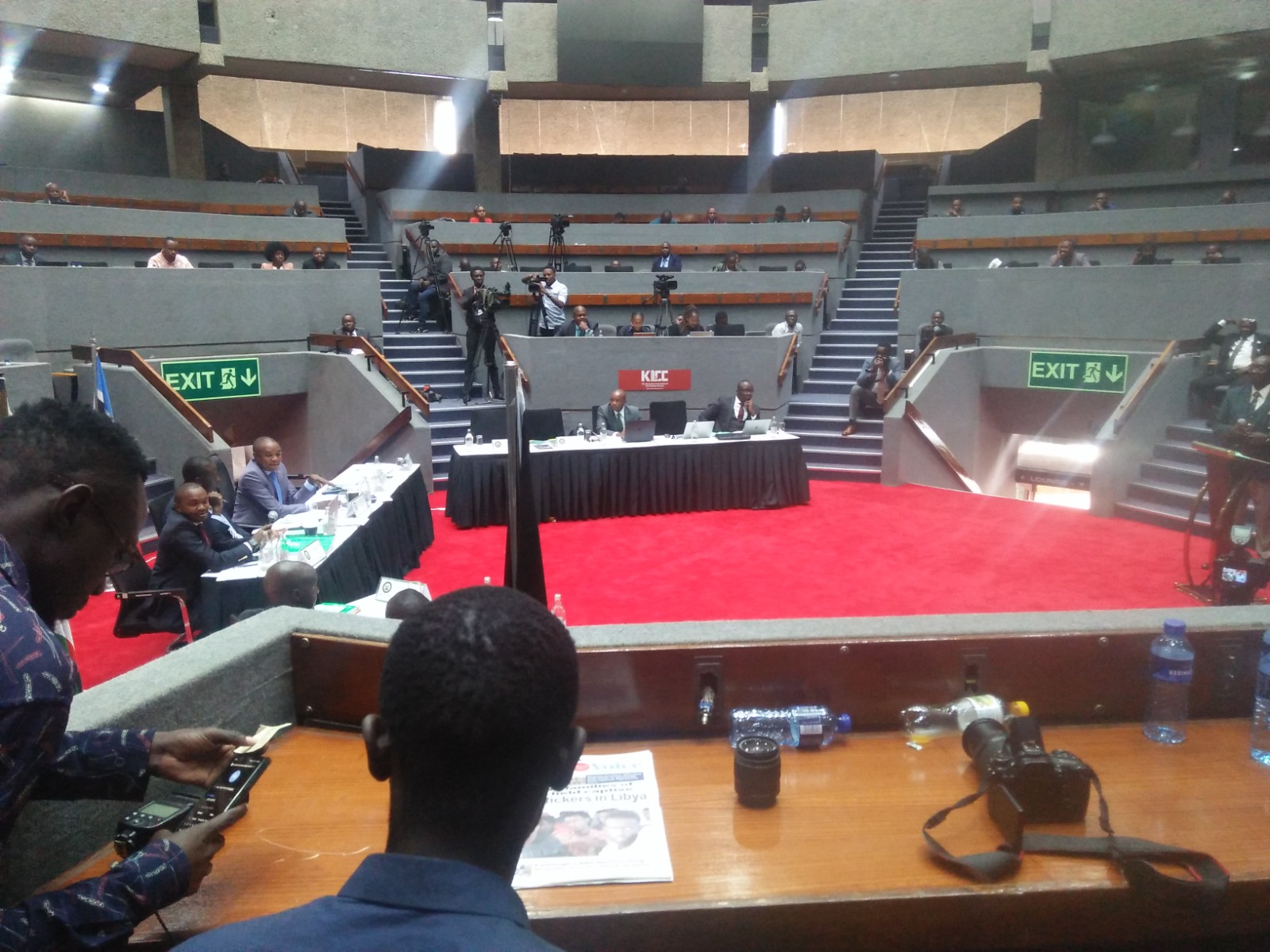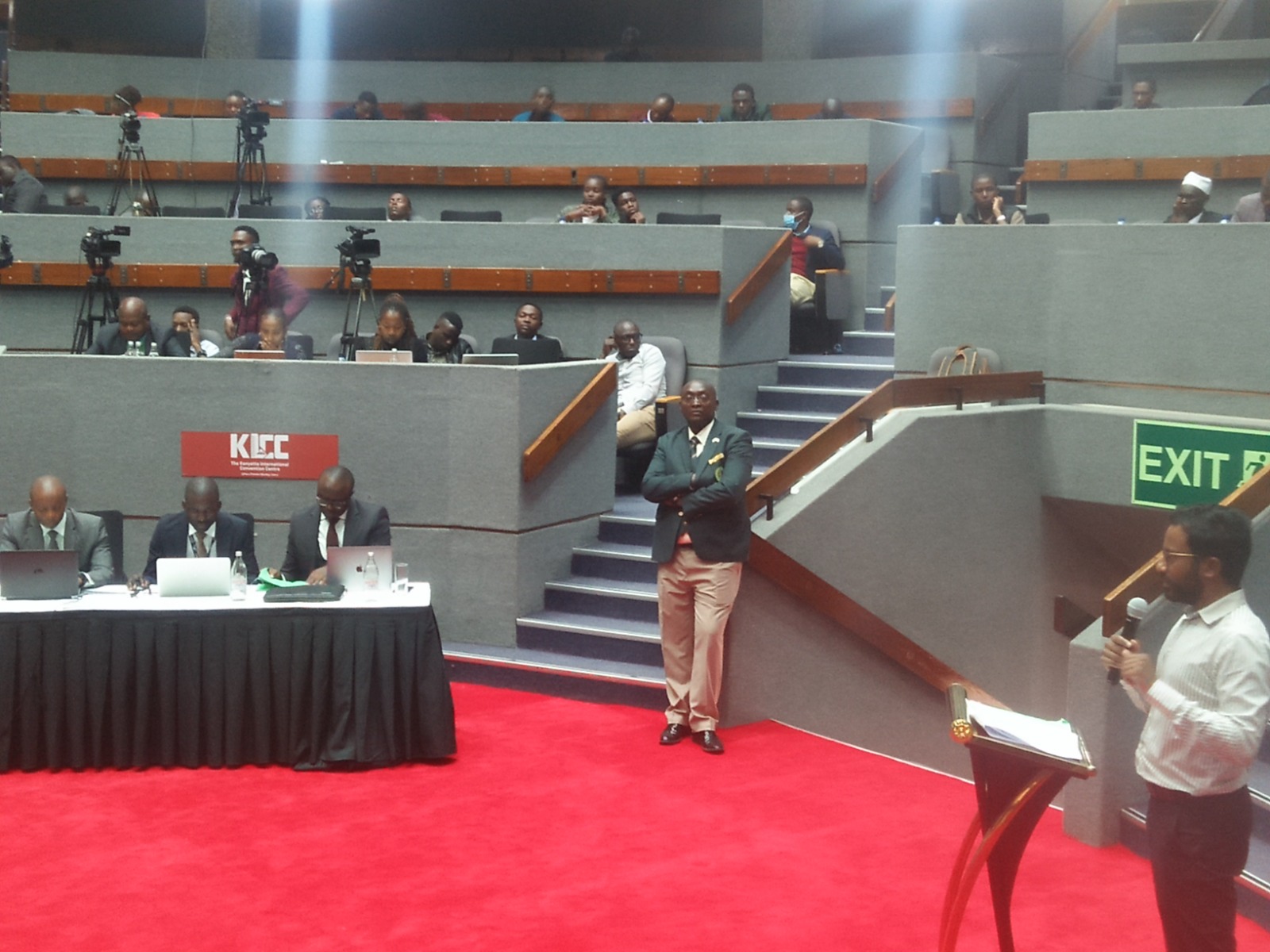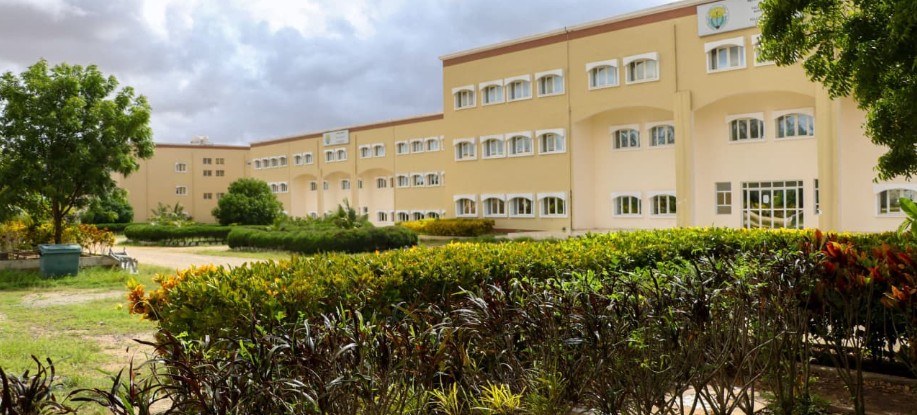Kenyans plead with Parliament to reject Finance Bill 2024

The citizens lamented that some of the taxes imposed on various products and services were punitive.
Various groupings and individuals from different sectors of the economy pleaded with Parliament on Monday to reject various components of the Finance Bill 2024.
The request was made during a sitting conducted by the Departmental Committee on Finance and National Planning, led by Molo lawmaker Kimani Kuria, which was collecting views on the Finance Bill, 2024.
During the public participation held at the Kenyatta International Conference Centre, the citizens lamented that some of the taxes imposed on various products and services were punitive.
More To Read
- From detention to global recognition: Rose Njeri named in 2025 Time100 Next list
- How protests over Finance Bill hurt Nairobi’s daily revenue collections
- 16 killed in June 25 memorial protests, most by police – Amnesty International
- We are forgotten: Erickson Mutysia’s mother makes heartbreaking plea for justice
- Ruto government allocates Sh680 million for State House renovation despite budget cuts, public outrage
- Police pledge to protect peaceful protesters during June 25 'Gen Z memorial march'
Mungai Kihanya, a private citizen, proposed changes to the Motor Vehicle Tax, suggesting that it should be charged during the transfer of ownership rather than 2.5 per cent of the value of the motor vehicle during the issuance of an insurance cover.
"The rate of tax should be four per cent of the value of the motor vehicle but it should not be charged at the time of first registration of the motor vehicle," argued Mungai.
Paul Kypyamat, who heads the Baringo South County Focus Group, warned against imposing taxes on any products or services that are in the health and education sectors. According to him, Kenyans will suffer should taxes be imposed on essential health products such as drugs.
"If there are two sectors that the government must not think of imposing any taxes on, they are health and education. Doing so will increase poverty levels in the country," argued Kypyamat.
The Association for the Physically Disabled of Kenya (APDK) pleaded with the government to further exempt from import duties and value-added tax (VAT) all input and raw materials, whether produced locally or imported, for the production of wheelchairs, special seating, tricycles, and assistive devices.
 Groups and individuals present their views on the Finance Bill 2024 at the Kenyatta International Conference Centre (KICC) on Monday, June 10, 2024. (Photos by Barack Oduor)
Groups and individuals present their views on the Finance Bill 2024 at the Kenyatta International Conference Centre (KICC) on Monday, June 10, 2024. (Photos by Barack Oduor)Various groups and individuals present their views on the Finance Bill 2024 at the Kenyatta International Conference Centre (KICC) on Monday, June 10, 2024. (Photos by Barack Oduor)
According to David Onderi Ogallo, a wheelchair technologist with APDK, plants, machinery, and equipment used for the production of wheelchairs and assistive devices will disadvantage persons living with disabilities in the country.
The Finance Bill 2024 is sponsored by the chairperson of the Departmental Committee on Finance and National Planning and it contains proposals calling for an increase in revenue.
The Bill was read for the first time on May 13 and thereafter committed to the Departmental Committee on Finance and National Planning for consideration and reporting to the House.
Article 118(1)(b) of the Constitution requires Parliament to facilitate public participation and involvement in the legislative and other business of the House and its committees.
The Finance Bill 2024 has widely caused uproar in various sectors of the economy following its proposals that aim to increase taxes. Traders, civil society groups, and Muslims also urged MPs from across the political divide to reject the Finance Bill 2024 for the sake of Kenyans.
Kenya Muslims National Advisory Council (Kemnac) claimed the bill was worse than the previous one and would overburden Kenyans, who are already grappling with the high cost of living if passed in its current form.
Kemnac national chairman Sheikh Juma Ngao said MPs who support the bill should be voted out in the next elections.
"MPs should put aside their political differences and vote out the Finance Bill 2024 because the document proposes very high taxes. The bill is worse than the 2023/24 one," Ngao told a press conference in Mombasa.
He said instead of the president travelling frequently with a large delegation, he should reduce the number of foreign trips and use the Ministry of Foreign Affairs more.
Ngao also took issue with the heavy borrowing, saying the move would result in increased taxation to settle foreign debts.
"We are concerned that the Kenya Kwanza administration has sustained foreign borrowing and increased domestic taxation. We also do not see what has been done with all these funds," he said.
Under the Okoa Uchumi umbrella, civil society organisations warned that some of the proposals in the bill will exacerbate economic hardships for Kenyans, worsening their financial struggles.
They are against the removal of VAT exemptions on essentials like bread and milk, coupled with a regressive 2.5 per cent tax on motor vehicles.
Top Stories Today













































